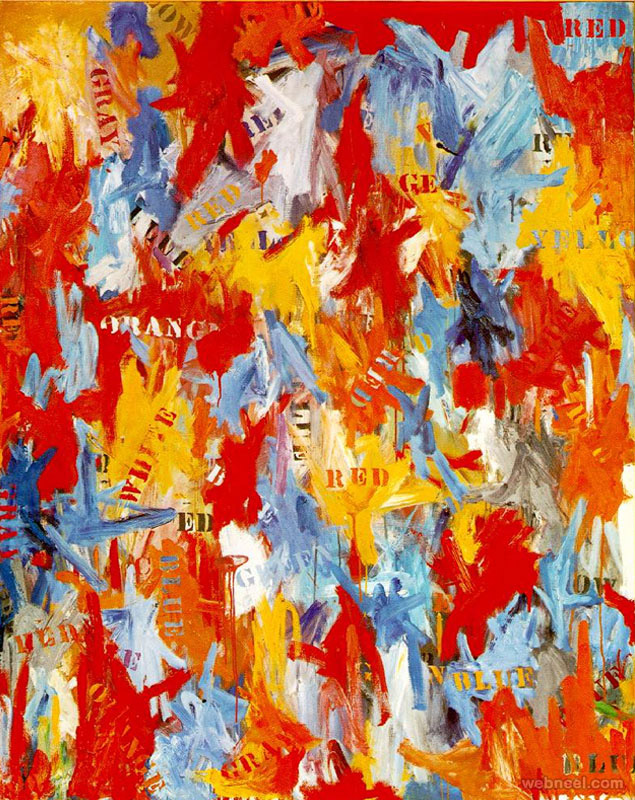- Dec 4, 2009
- 14,108
- 19,303
- Moderator
- #16
I think the issue comes if there were ever a "code of points." Not every team, but I think the majority of teams, would come out with very cookie cutter routines that only do what they have to, and not necessarily routines that push the boundaries and go above and beyond. Someone in another thread suggested 2 point skills, 3 point skills, 4 point skills, etc. So let's say the maximum was 5 points, and a double up from squish/sponge whatever you call it was worth 5 points, what would be the point of a team like Great Whites coming out with a double up from plank, or Brandon Senior Black with those beautifully executing double arounds at the top?
Not saying I agree that rubric scoring gets rid of choreography/creativity, I just think maybe that's where people are getting that.
The thing is creativity comes from a box, not a wide open space with no rules. People get creative within the restrictions of what is allowed. People always say they want a blank canvas to paint on, but even a canvas has restrictions. There is an end to where you can paint, and you must use something that will stick to a canvas, and then you decide your subject. (yes this is all philosophical, but it has a point). If everyone has to do switchups to score high people will come up with creative ways to do and present those switchups.


